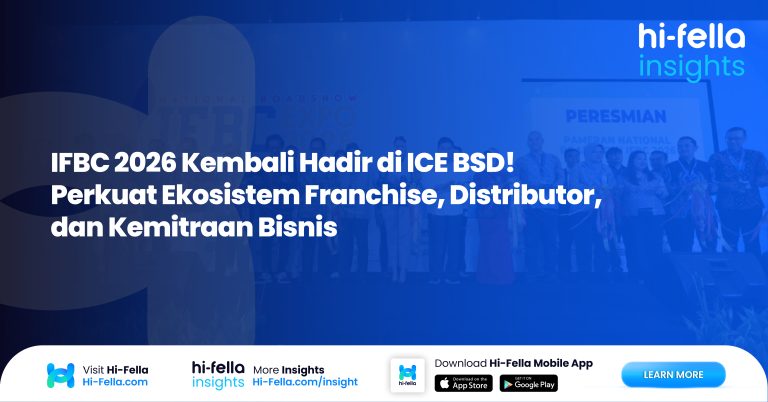Table of Contents
Have you ever heard of the Department of Commerce and wondered what it’s all about? It’s like a big helper for businesses, jobs, and money stuff in the U.S.
This Department plays a big part in making sure our country grows and does well in trade and business. But what jobs does it do exactly?
In this article, we’ll explore, in simple words, the important roles and tasks of the Department of Commerce. Whether you’re in school, run a business, or are just curious, come along as we break things down and make it easy to understand!
Source: U.S Department of Commerce’s Facebook
History and Structure of the Department of Commerce
Source: U.S Department of Commerce’s Facebook
The Department of Commerce was officially established back in 1903. Initially, it was called the Department of Commerce and Labor but was split in 1913, leading to the formation of the Department of Labor.
Over the years, its role and influence have grown considerably. Today, it is one of the primary entities driving America’s economic growth, innovation, and trade strategies.
Key Agencies and Bureaus That Make a Difference
One reason for the Department of Commerce’s broad impact is the myriad of agencies and bureaus it oversees. A couple of these are:
- U.S. Census Bureau: We often hear about the Census every ten years, but many don’t realize that the Census Bureau does much more. They collect vital data that policymakers and businesses use to make informed decisions.
- International Trade Administration (ITA): Trade is a fundamental part of any country’s economy, and the ITA plays a vital role. They assist American businesses in the global marketplace, ensuring fair trade and enforcing trade laws and agreements.
The Central Pillars of the Department’s Function
Source: Pexels
Understanding the Department of Commerce requires delving deep into its central functions. A closer look reveals three pivotal roles that make this Department essential and position it as a cornerstone of American economic growth.
- Promoting Economic Growth
At the heart of the Department’s mission is ensuring American businesses, both existing and new, thrive in an increasingly competitive global marketplace.
The Department is laser-focused on propelling the nation’s economic growth by developing and implementing policies that spur innovation and entrepreneurship.
The Economic and Statistics Administration (ESA) under the Department publishes regular reports, providing insights into economic trends, industry analyses, and economic indicators.
These reports are invaluable resources that guide business decision-making and inform policymakers about the health and trajectory of the nation’s economy.
- Championing American Businesses
Regardless of size, from startups to Fortune 500 giants, the Department of Commerce is committed to standing by American businesses.
By offering resources, funding research, and crafting favorable policies, it plays a pivotal role in ensuring American enterprises can compete on the global stage.
The Minority Business Development Agency (MBDA), for instance, is dedicated to the growth and global competitiveness of minority-owned businesses, highlighting the Department’s commitment to fostering diversity and inclusion in the business sector.
- Data Gathering and Analysis
In today’s world, information drives decisions. Recognizing this, the Department, through its various bureaus, collects, analyzes, and disseminates a vast amount of economic, demographic, and environmental data.
The U.S. Census Bureau, a key bureau under the Department, conducts the decennial census, collecting data that is crucial for legislative representation and allocation of federal funds. But its role doesn’t end there.
With continuous surveys and studies, the Census Bureau provides a detailed and evolving picture of America’s population, economy, and industries, allowing stakeholders to anticipate challenges and leverage opportunities.
The Department of Commerce functions as a backbone, continually working behind the scenes, ensuring that the United States remains economically vibrant and globally competitive.
The Real Impact of the Department of Commerce
Source: Pexels
The Department of Commerce doesn’t just make rules or write reports. It really affects people’s lives, especially when it comes to jobs, the money in our pockets, and new ways of doing things.
- Job Creation
The Department has been instrumental in job creation through its policies and support mechanisms. It aids businesses in navigating economic challenges, ensuring job security and growth.
They also give advice and support to companies so they can handle tough times and still keep their employees.
- Nurturing Economic Development
The Department works hard to make sure our country’s economy is doing well. They help businesses trade with other countries, come up with fresh ideas, and much more.
By focusing on certain areas or industries, they make sure our growth is steady and doesn’t hurt our environment.
- Fostering Innovation
Today, coming up with new ideas is super important. The Department knows this, and that’s why they support people and companies to think outside the box. They want the U.S. to always be where the next big thing happens.
For example, they run the U.S. Patent and Trademark Office, which protects inventors and their new ideas.
In short, the Department of Commerce is like a helper, always working in the background to make sure our country keeps moving forward.
In Conclusion
When someone asks, “What does the Department of Commerce do?” the answer isn’t straightforward. From ensuring fair trade to collecting vital data, supporting businesses, and driving innovation, its roles are diverse and crucial.
Understanding the Department’s function offers insights into the backbone of America’s economic strength and future growth prospects for the general public, students, business professionals, and policymakers alike.
Expand Beyond Borders with Hi-Fella!
Want to bridge your business to international markets? Hi-Fella is your go-to digital platform, crafted to connect businesses globally.
Whether you’re aiming to find new clients, partners, or expand your business network, Hi-Fella offers the tools and features you need.
Boost your sales, elevate your brand, and enhance your connections on Hi-Fella. Join us now and propel your business to new heights!








